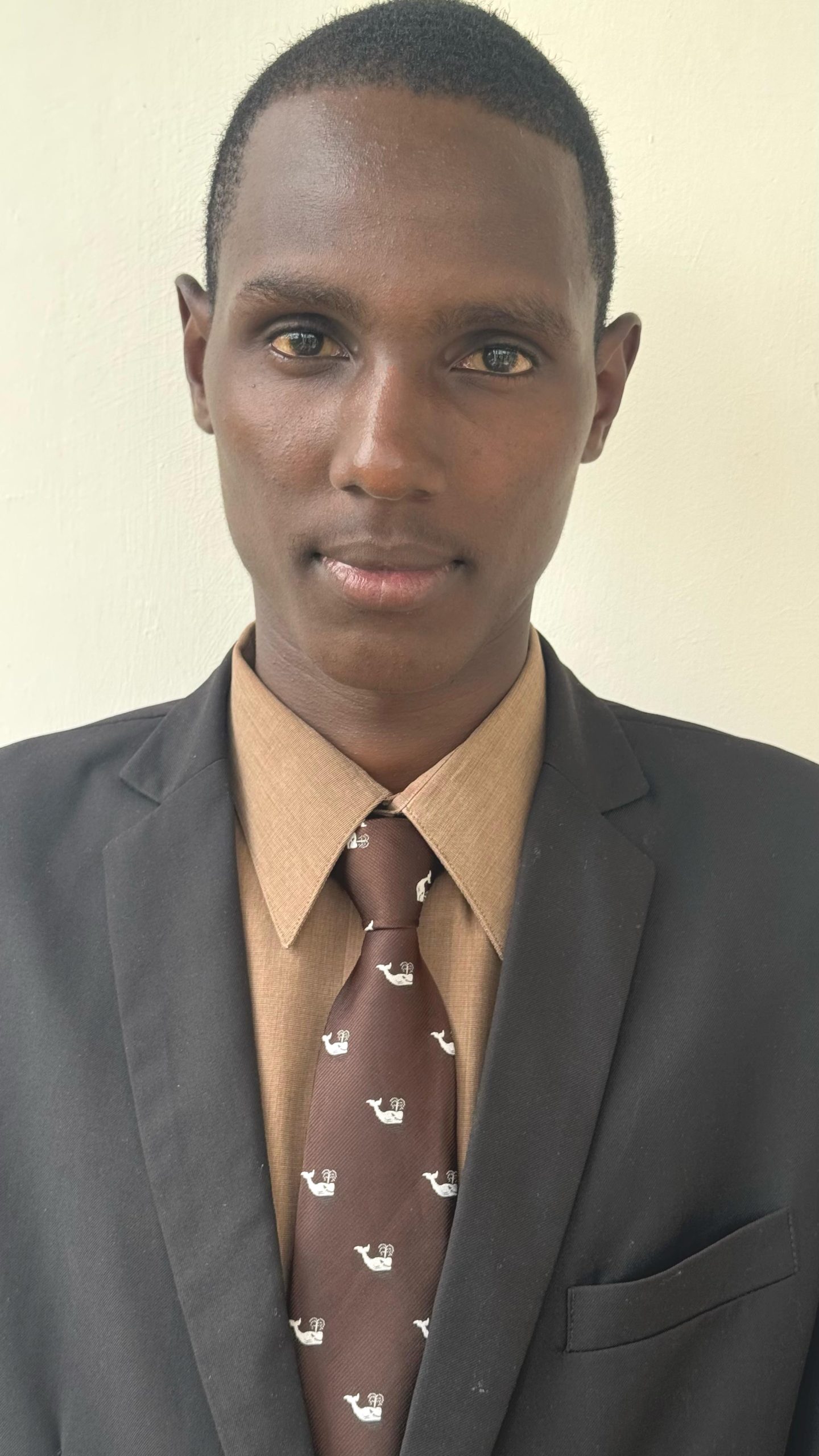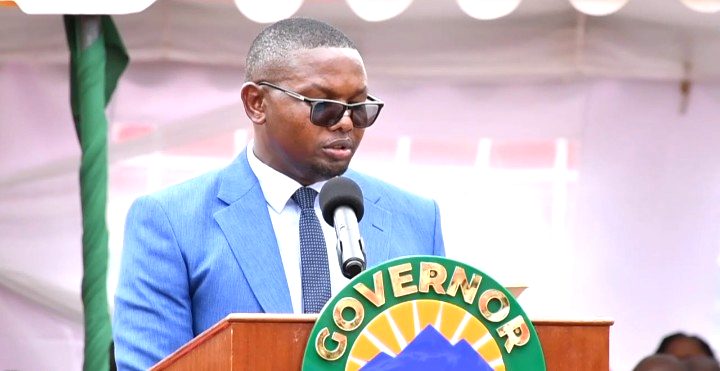Prioritising health and education is the key to securing Kenya’s future by achieving Sustainable Development Goals 3 and 4. Ensuring everyone has the health and well-being they deserve to flourish and ensuring quality education is inclusive and equitable are absolute in building a successful future. When addressing society’s complexity today, these goals must take centre stage over anything else, changing lives and communities nationwide.
Imagine a Kenya where all children are brought up to their full potential and everyone has access to health centres regardless of their situation. This is not something that is going to be done anytime soon; it is a necessity.
Education and health complement each other; healthy individuals can learn and operate in society. Education also enables individuals to make appropriate healthy choices, and the outcome of this is a continuous process of development that opens up communities in every sense.
But our problems are local. Poor health facilities and access to basic services still keep most Kenyans on the ground. The rural sections are particularly disadvantaged, with fewer medical facilities, thereby preventing preventable deaths and undiagnosed diseases. We must struggle for quality health reforms, guaranteeing every Kenyan access to quality health care. That means investment in medical personnel, more facilities, and technology applications to reach the farthest villages.
READ ALSO;
Reckless sex threatens future of young people as teen pregnancies, HIV cases soar
As important as mental health is, it is all too often overlooked. The stigma of mental illness may discourage people from seeking assistance. We need to establish a compassionate and mentally healthy community and provide it with mental health units through the role of the family doctor. Increased awareness and honest discussion will help create a compassionate and caring culture.
Empowerment is the key to education, though. Unfortunately, many children in Kenya still do not attend school, and among the problems are poverty, gender disparities, and poor infrastructure. To attain SDG 4, we must hope all children can learn regardless of their circumstances. This involves investing in schools, teacher education, and infrastructure that motivates and empowers children to learn.
Secondly, education has to be inclusive and equitable. Girls, children with disabilities, and disadvantaged groups tend to have more obstacles to overcome. Advocating policy initiatives that ensure inclusion ensures that we can have an education system where all children can succeed. Scholarships, mentoring, and support to disadvantaged groups go a long way in evening out the playing fields.
The role of technology in improving health and education cannot be overemphasised. Internet web pages can easily open the gates to learning content and healthcare knowledge to fill gaps that once slowed development.
Telemedicine can reach inaccessible rural areas, and e-learning can provide good-quality education to all. Technology can assist us in providing our children with a better future and improving their health scores.
Coordination is needed since we need to formulate SDG 3 and SDG 4. It must be among governments, NGOs, private sector partners, and communities. When the capabilities and resources converge and then coordinate, we can only have coordinated programs with fixes for some of the problems posed by the populations.
Becoming real in Kenya as much as SDGs 3 and 4 requires commitment, coordination, and empathy. By prioritising the key things in health and education, we shall realise our potential as a nation, and there is a future for all Kenyans to live healthy, productive lives. We must unite, combat these illusions, and make a world where education and health cease to be luxuries but human rights for all. Now is the time to take up this challenge and live our dreams.
By Tonny Kyule
Tonny Kyule is a communication, media, and public relations practitioner and a writer for the Journalism Student Association of Kenya (JSAK).
>>> Click here to stay up-to-date with trending regional stories
>>> Click here to read more informed opinions on the country’s education landscape






